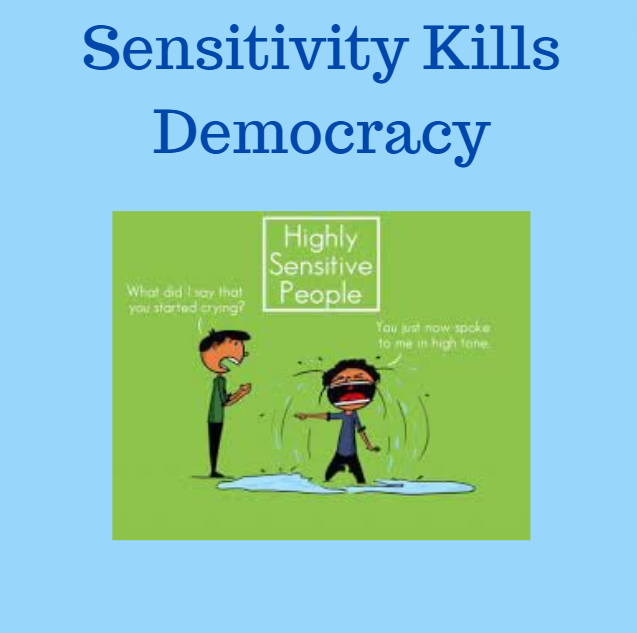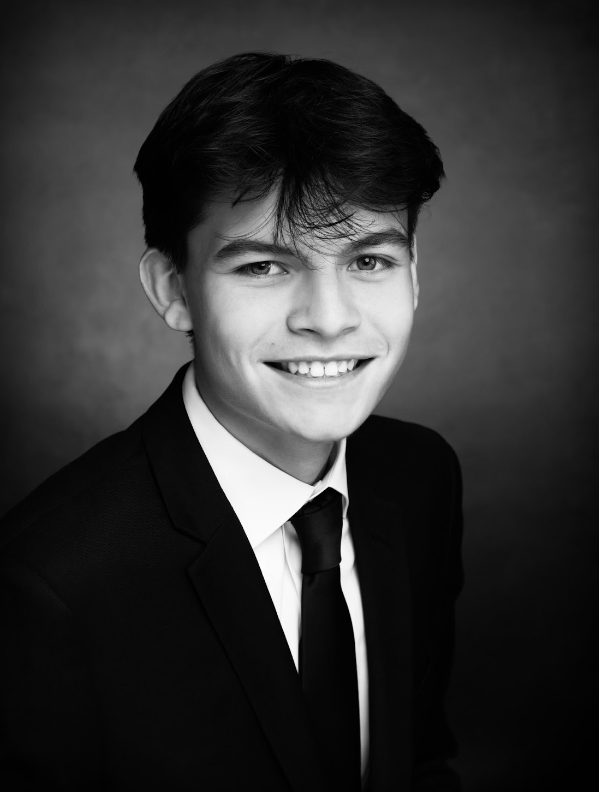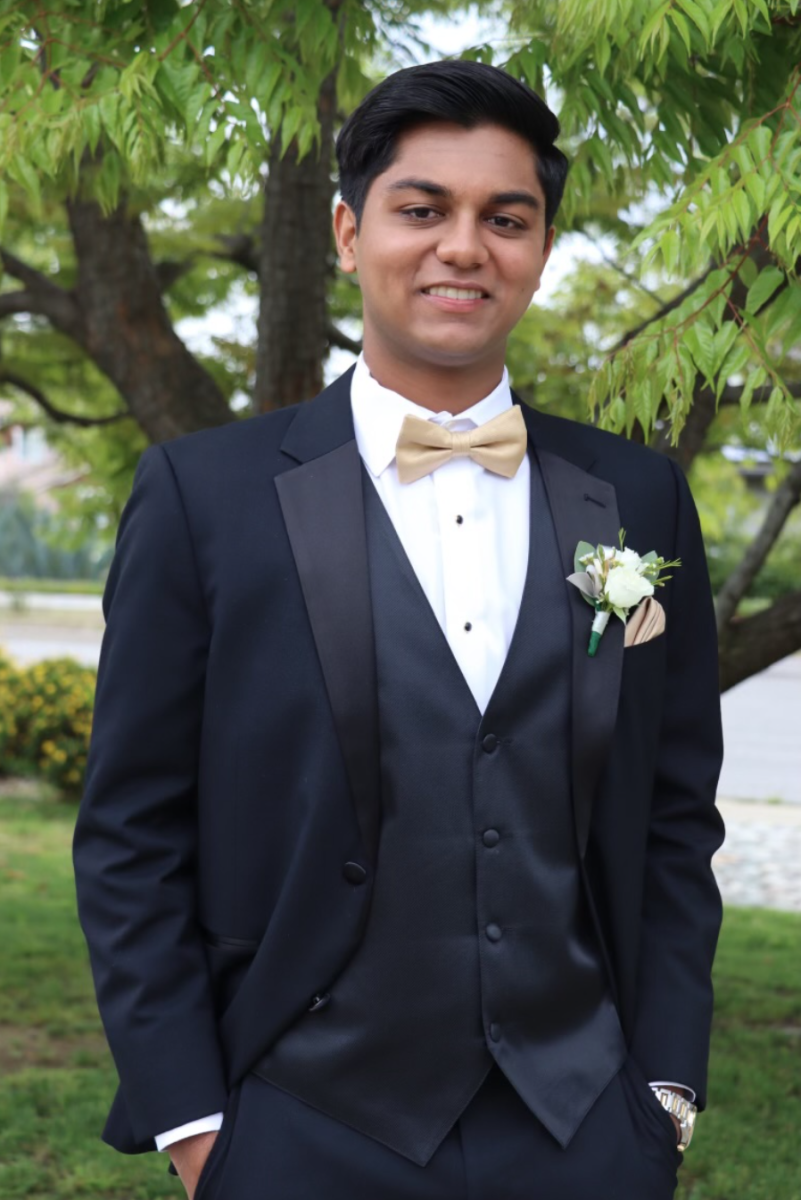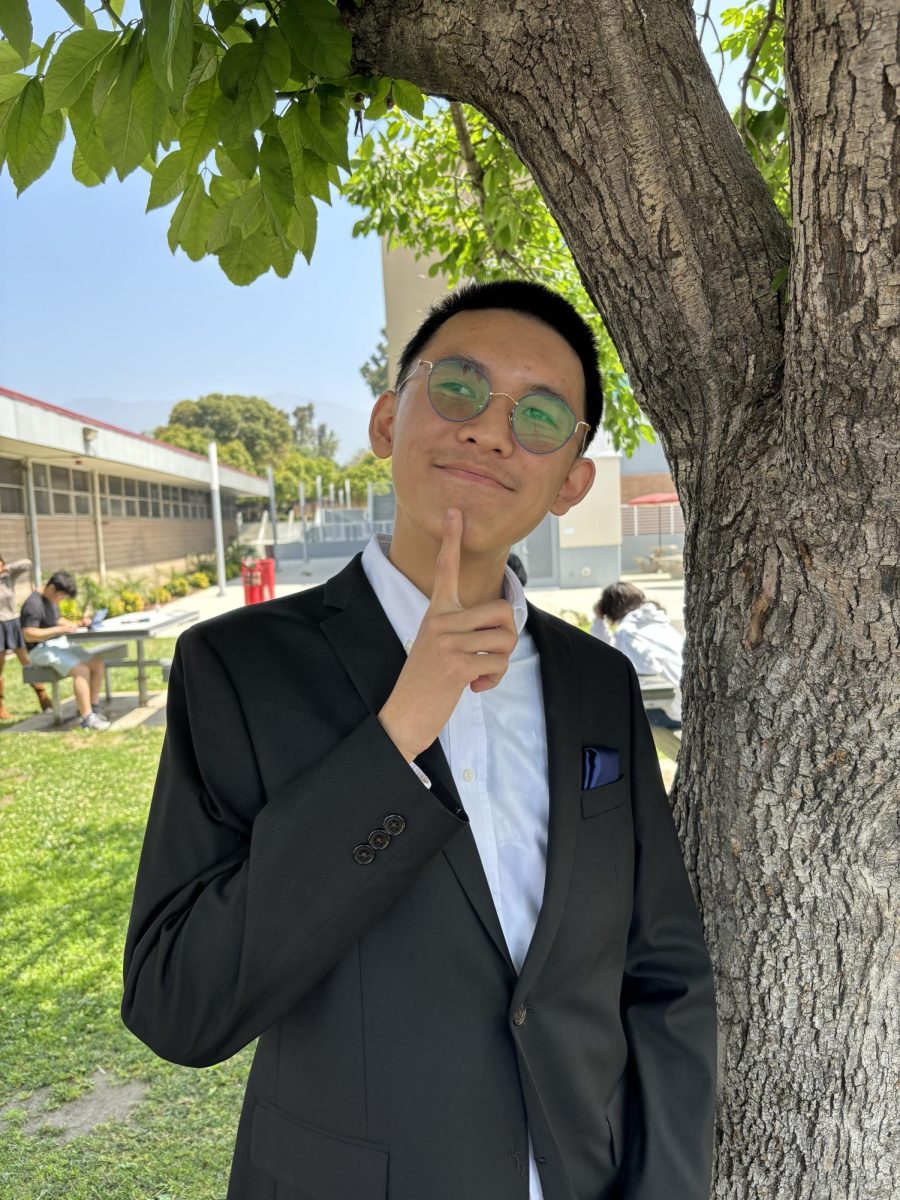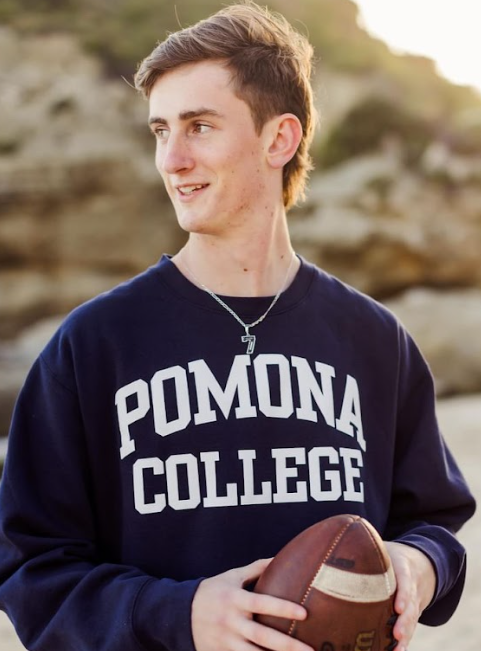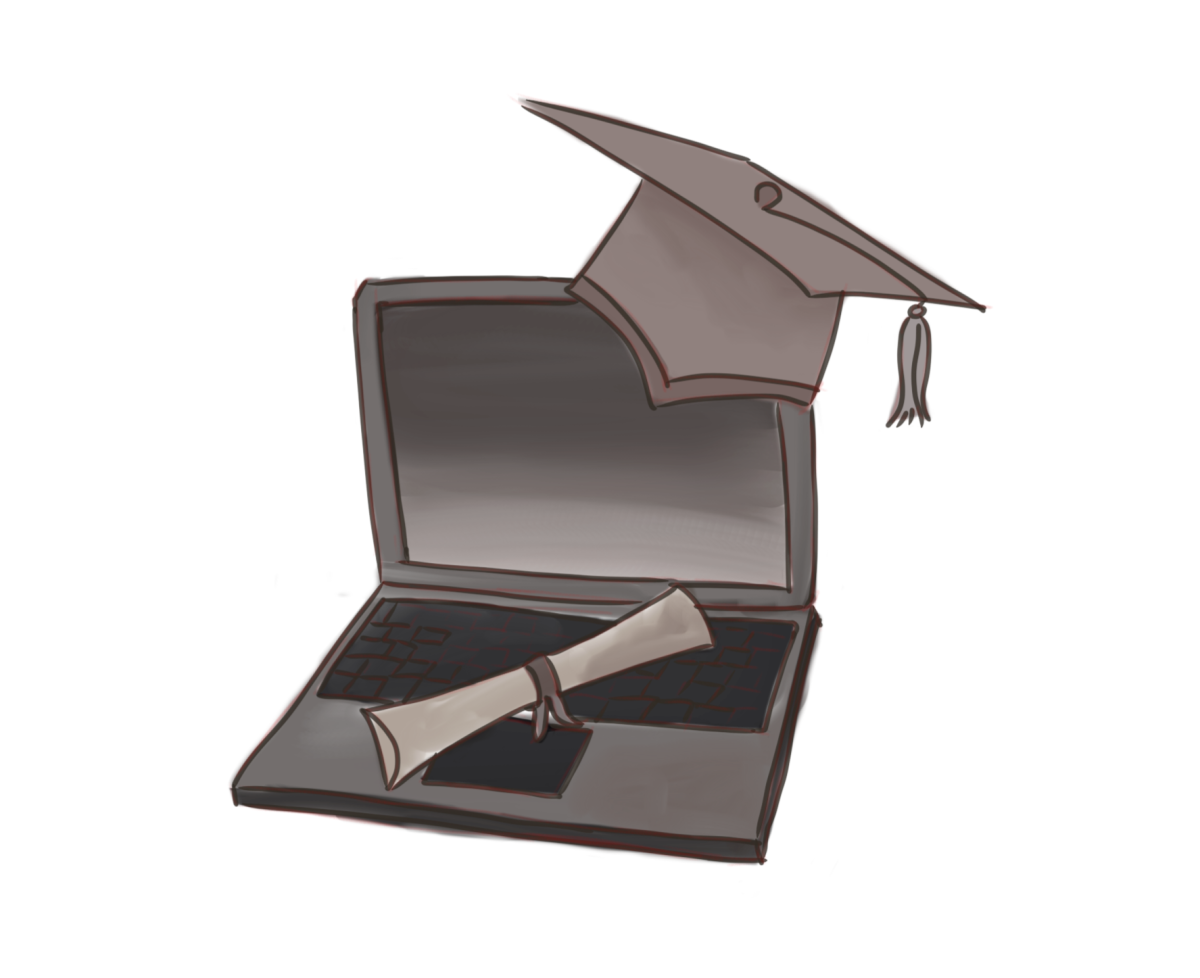For years, America has prided itself on being the world’s leading democracy, giving everyone the ability to voice their own opinion and for it to be heard. Now, people’s voices are drowned out by censorship.
From movies cutting out controversial scenes to news outlets censoring the voices of people who have different opinions and all the way to celebrities getting canceled and banned from social media for one controversial tweet or one imperfect moment. Censorship is something that many love to acknowledge as a problem with our society, yet they never address the root cause of it.
But first, what is censorship? Censorship is when people’s opinions and voices are suppressed by some other force, and it’s burdening our country to a fake democracy. But why does censorship exist in the first place? At first, censorship may seem justified, but the Pew Research Center says that 90% of Republicans feel that social media platforms censor opposing viewpoints.
So what changed over the past few decades that has increased censorship? Sensitivity. Since pre-school, children are told noble stories about historical figures like Dr. Martin Luther King Jr., and Mahatma Gandhi, people who fought for basic human rights, and equality. Many in today’s generation want to make revolutionary changes like these people, with the perfect outlet for their speech being the Internet.
Young generations interpret any hint at an opposing value to their own as an excuse to accuse said person of being inhuman. This is why over the past few years, ideals of ending racism, sexism, homophobia, transphobia, and xenophobia have exploded. And though these are issues that are abhorrent and do deserve our attention, the problem is that Americans have become overly sensitive to these issues. They accuse people of being racist when they did not do or say anything racist, accuse people of being homophobic, when they did not do or say anything homophobic, and the list goes on. The American Library Association tells us that from 2021 to 2022, there was a 38% increase in censored titles, many of which were writing about the black, indigenous, or LGBTQIA+ communities. When overly sensitive people start to accuse everybody of being these things, words such as “racism” and “sexism” become oversaturated and lose their value.
But oversaturation is not the biggest problem with oversensitivity. Because it has grown so much in the past few decades, media outlets conform to these values and censor people just for voicing their own opinions, leading to the age of cancel culture. This has happened to celebrities like Johnny Depp, Britney Spears, Elizabeth Olsen, and so many more who were canceled and hated by society just because of allegations, rumors, and opinions being spread with no evidence of actual wrongdoing. Even comedians like Dave Chappelle or Larry Seinfeld have had to change their material to conform to our sensitive society. Dave Chappelle said, “It’s so hard to entertain a country whose ears are so brittle,” also adding that “everything you say upsets somebody.” When living in a country that promotes sensitivity, it simultaneously demotes the truth. We are raising our children to grow up to be people who cannot take a joke and cannot comprehend the fact that people have differing opinions of their own. The day that sensitive people learn to stop complaining about inequalities that don’t exist, racism that isn’t racism, and homophobia that isn’t homophobia, will be the day that free speech will finally be reestablished. And only then can we call ourselves a true democracy.
Sensitivity Hurts Democracy
Donate to The Wolfpacket
$85
$500
Contributed
Our Goal
Hello there! Our goal is to provide relavent, engaging journalism for readers of all ages. Your donation will support the student journalists of the Wolfpacket at Claremont High School, and will allow us to purchase equipment, print our monthly issues, and enter in journalism competitions. We appreciate your consideration!
More to Discover
About the Contributor
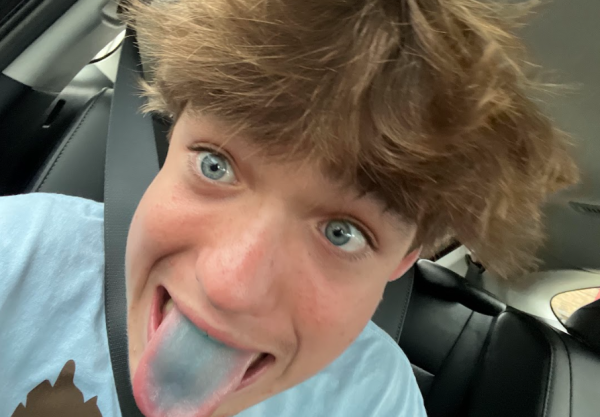
William Maxwell Abbott, Reporter
William Maxwell Abbott is a sophomore and first year reporter at the Wolfpacket. Along with playing video games, Abbott also enjoys listening to music from artists such as 21 Savage. He also looks forward to meeting new people as he starts out his second year in high school, and plans to attend a four year university in the future. Although he has not decided on a major yet, Abbott’s favorite subject is history. Inside school, Abbott enjoys being a congress leader on the speech and debate team. While outside of school, Abbott is an avid enthusiast of golf and has played various other sports. He would also love to have a pet dog named ‘Munchkin’ in the future.



